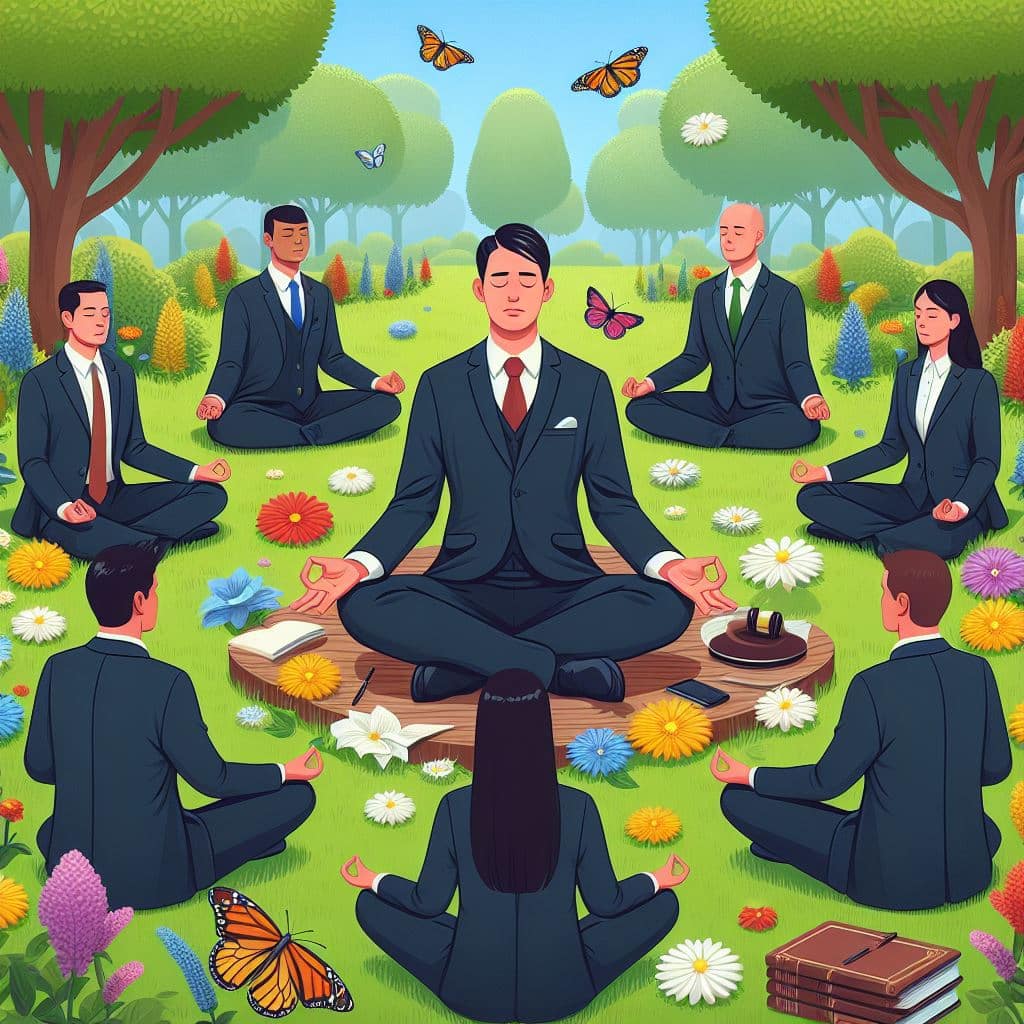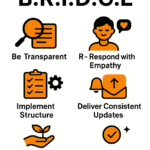The legal profession is fast-paced and characterized by constant interaction with clients, teams, and other parties. Communication and collaboration are pivotal elements among lawyers, helping them enhance productivity, preserve client relationships, and generate business, among other benefits. Therefore, lawyers are in constant contact, attending physical and virtual engagements with various parties; after all, human service is at the core of the law and the justice system.
Nonetheless, it’s critical for lawyers to seize the opportunity to reset and enhance their well-being through thoughtful means, including solitude. Most people overlook solitude’s benefits in boosting mental wellness, yet besides its accessibility, solitude has research-backed wellness benefits.
The University of Reading’s School of Psychology and Clinical Language Sciences published its research findings on the benefits of solitude in December 2023. According to the study, spending time alone increases low-arousal positive emotions, which include satisfaction, peace, contentment, and calmness.
Moreover, the study, which tracked 178 adults aged at least 35 for 21 days, established a link between solitude and lower stress levels. Furthermore, it highlights that the well-being effects of solitude are cumulative over time. Therefore, embracing solitude as a regular part of your routine allows you to tap more into its benefits.
However, this study makes a critical point: solitude is more effective when it’s autonomous and deliberate. In contrast, forced isolation triggers low-arousal negative emotions like sadness.
Therefore, isolation differs from loneliness. Unlike loneliness, which is unwanted social isolation causing a desire/ longing for social connection, solitude means a blissful state of being alone physically.
Besides its postive emotional benefits, solitude frees you to be your authentic self, fostering self-knowledge and self-connection. Harnessing the power of solitude for self-knowledge and self-connection enhances emotional intelligence. Emotional intelligence is a critical skill for successful lawyers, especially with regard to communication, negotiation, and mediation.
Second, solitude allows you to attend to your thoughts and feelings. Examining your emotional side helps you gain clarity of thought, which is crucial when handling complex tasks.
Embracing Solitude in Contemporary Times
Solitude has existed as a tool for personal development since ancient times, with philosophers like Aristotle and Blaise Pascal advocating for it. For instance, in 1654, Blaise Pascal said, “All humanity’s problems stem from man’s inability to sit quietly in a room alone.”
Sitting quietly in a room alone is even more difficult for lawyers in these contemporary times, given that there’s always a phone call, a virtual meeting to attend, or emails marked “urgent” to attend to. Nonetheless, some Kenyan lawyers have tapped into solitude to unwind. They share their experiences on how solitude enhances their well-being.
Esther Omulele, OGW, Managing Partner at MMC ASAFO, is among the high-profile lawyers who thrive on the restorative power of solitude. “The most fun thing I do is take a trip to a new place alone. I’d book a flight, pack my bags and go because I love to see the world, but somehow, I like exploring it alone.”
For Ms. Omulele, being alone allows her to momentarily step away from her duties at home, in the workplace, and from her community to unwind. “I’ve told myself that it’s important for me to find time just to be me. So for a whole week, I’d be by myself, taking trains, walking along streets, or visiting the theater, which is my favorite pastime.”
However, solitude isn’t necessarily sought away from home. Ms. Omulele also intentionally spends time alone while at home. “What I like doing most is sitting in my backyard and enjoying a light read because while at work, I read heavy stuff daily. So, I take it easy and enjoy the environment while watching my children run around.”
Another benefit of solitude is that you can combine it with a secondary activity like reading. According to the study highlighted above, combining solitude with a secondary activity does not remove its benefits. However, the study’s participants who embraced complete solitude were more self-reflective, with the least self-reflective being those who combined solitude with social media.
Apart from Esther Omulele, Jaqueline Manani, Director of Legal Services, Public Service Commission of Kenya, also includes solitude among her rejuvenation activities. While Ms. Manani admits to having a close group of friends, she enjoys occasional solitude.
“I’m actually a recluse, and I enjoy my own company. So I golf because I find golfing very peaceful, especially when it’s just me and a caddie. In the evenings when I leave work, I’d go to the course and play by myself, and it makes me so happy because golf courses are serene. There’s that peace and quiet after a long day at work. By the time I get home after an evening of golfing alone, I feel so refreshed.”
Embracing Solitude in Contemporary Times
One thing to note about solitude from Esther and Jacqueline’s experiences is that there’s no universally recommended level of solitude to enhance well-being. The study from the University of Reading echoes this fact. Therefore, solitude is a positive choice you make according to your needs; you can include solitude in your daily routine or make it a periodic rejuvenation activity.
Second, solitude may seem uncomfortable, perhaps even unnatural, for some people. It’s okay to approach solitude with a dose of skepticism. Moreover, adopting solitude doesn’t require an instant lifestyle overhaul. Instead, it’s a personalized trial-and-error journey.
Nonetheless, a review of the book “Lead Yourself First: Inspiring Leadership Through Solitude By Raymond M . Kethledge and Michael S . Erwin” published in the Michigan Law Review encourages lawyers to embrace solitude. The review states that solitude has profound benefits, particularly in a profession that prioritizes analytical clarity. So, whether you start with five or 30 minutes, don’t lose out on the benefits of solitude to your mental well-being and career.




















